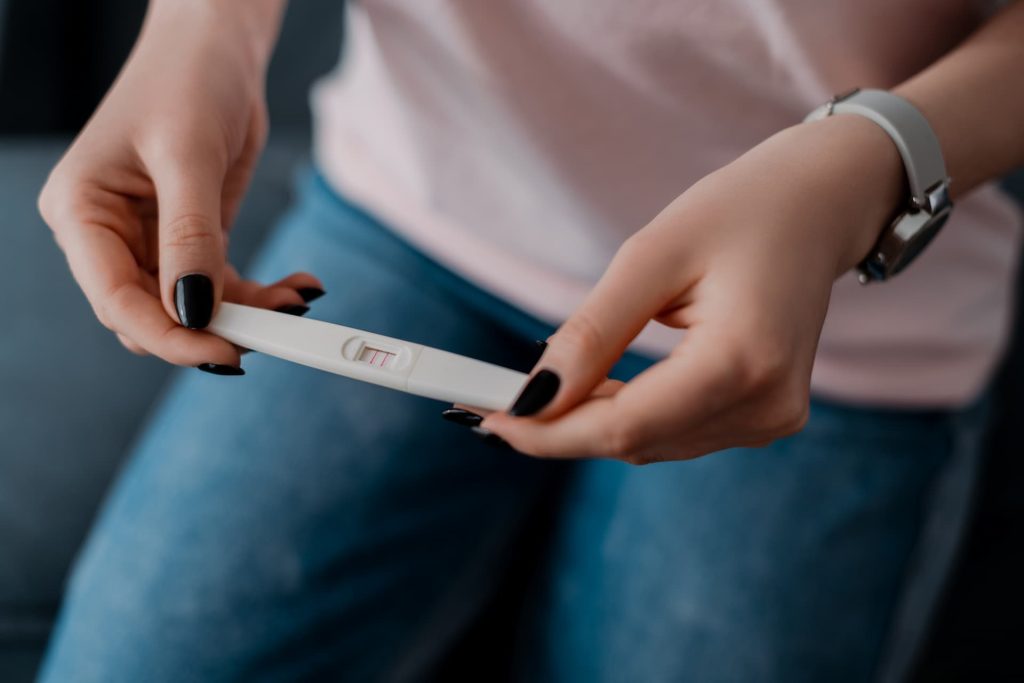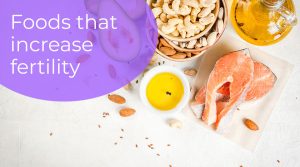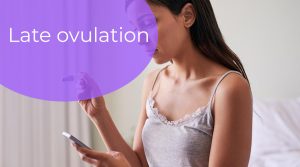Achieving a pregnancy can be an exciting time for a...
Read MoreOvulation and pregnancy
Ovulation is the process in a woman's menstrual cycle by which an ovum is released from the ovary. A woman is most likely to become pregnant if she has sexual intercourse on the day of ovulation or the day before. The chance of becoming pregnant decreases as the days pass after ovulation. A woman is also more likely to become pregnant if she has intercourse with more than one man during her fertile time.
What is ovulation?
The process of ovulation is one of the most important aspects of a woman’s menstrual cycle. Ovulation is the release of an egg from one of the woman’s ovaries. The egg then moves down the fallopian tubes to the uterus. If sperm are present, they may fertilize the egg, and conception will occur. Ovulation typically occurs in the middle of a woman’s menstrual cycle. However, it can vary from woman to woman and even from cycle to cycle for the same woman. To determine when you are ovulating, you can track your basal body temperature or use a fertility monitor. If you are trying to get pregnant, it is important to have sex during your fertile window, which is typically about five days before ovulation until the day after ovulation.

How are ovulation and pregnancy-related?
When a woman is trying to conceive, she needs to be aware of her cycle and know when she is ovulating. Ovulation occurs when an egg is released from the ovary. This usually happens about 14 days after the start of the last period. A woman can track her ovulation by tracking her basal body temperature or by using a fertility monitor. Pregnancy occurs when a sperm fertilizes an egg. If you are trying to conceive, it is important to have sex during your fertile window, which is usually about six days before ovulation and the day of ovulation. If you do not conceive, the egg will die and your body will release it in your next period.
Blog
Foods that increase fertility
Incorporating fertility-boosting foods into your diet is a great way...
Read MoreCan a girl get pregnant on her period?
The topic of whether or not a girl can get...
Read More



